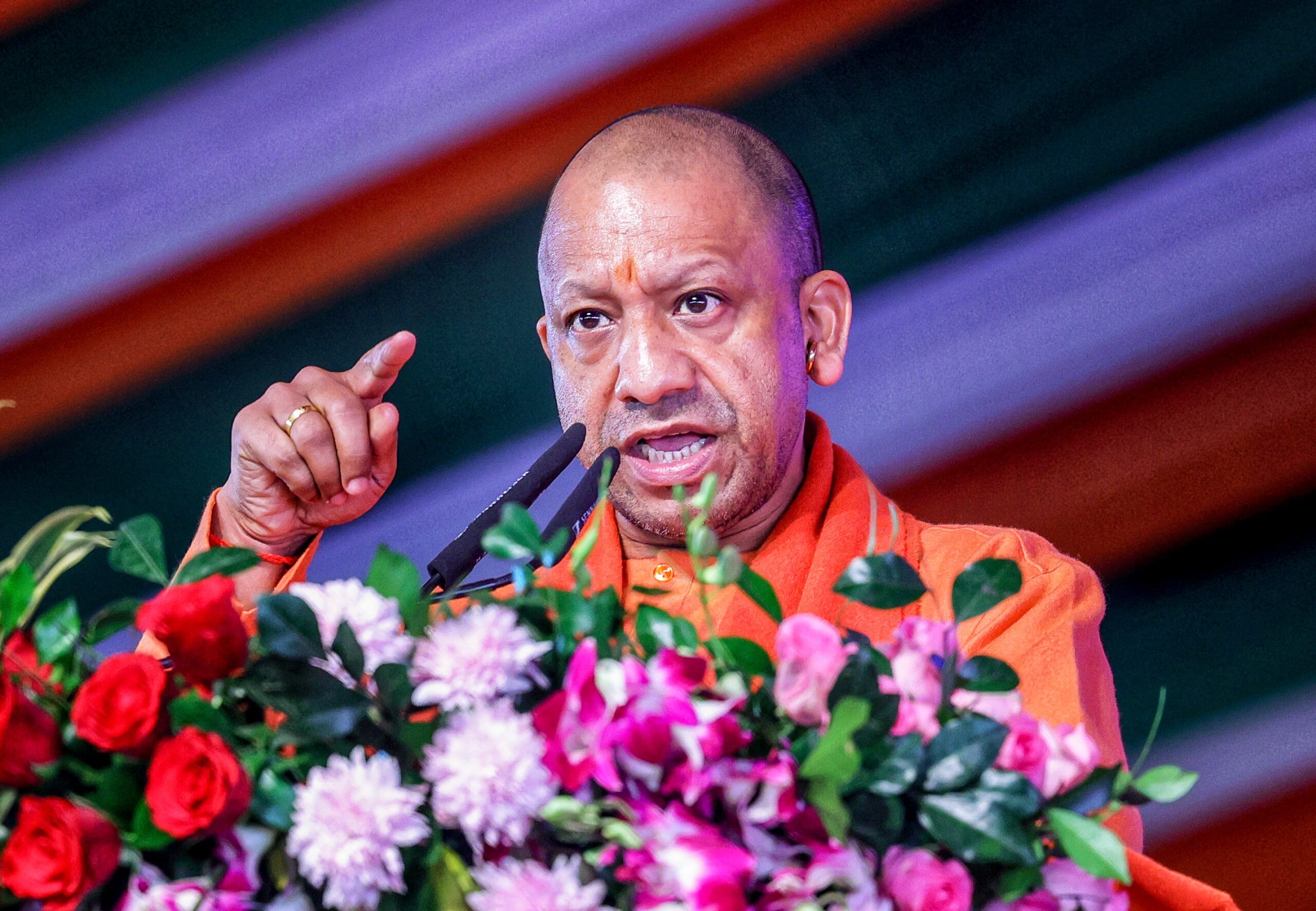In a speech replete with fiery poetry, Uttar Pradesh Chief Minister Yogi Adityanath today welcomed the consecration of Ram Temple in Ayodhya and made it clear that the Krishna Janmabhoomi land dispute comes next on the BJP’s priority list.
“When Nandi Baba saw the celebrations in Ayodhya, he was adamant and threw the barricades open at night. Now our Krishna Kanhaiya is adamant,” Mr Adityanath told the Assembly.
“Nandi Baba” here refers to Nandi the celestial bull, believed to be Lord Shiva’s vehicle. The reference is clear – the case involving the Gyanvapi Masjid in Varanasi. Last week, Hindu prayers resumed in one of the mosque’s cellars after a gap of 30 years following a district court order. The prayers were held at 3 am, hours after the court order. The cellar where the prayers were held faces the Nandi idol in the adjoining Kashi Vishwanath temple. The Varanasi mosque is at the centre of a drawn out legal battle after Hindu petitioners approached courts for permission to pray in different parts of the temple.
Mr Adityanath’s “Krishna” mention is an apparent reference to the Krishna Janmabhoomi case. Hindu petitioners have claimed that Shahi Idgah, a 17th century mosque in Mathura, stands on the place where Lord Krishna was born. The Allahabad High Court recently permitted an archaeological survey of the site.
The firebrand BJP leader’s remarks here are a clear indication that after Ayodhya, the Kashi (Varanasi) and Mathura matters are high on their agenda. Significantly, the remarks come shortly after the Ayodhya temple treasurer Govind Dev Giri Maharaj said that Hindus “will forget” issues related to temples “once Kashi and Mathura are freed”.
Mr Adityanath said Ayodhya suffered “injustice” for over 5,000 years. The Ram temple in Ayodhya is coming up at the site where Babri Masjid, a 16th century mosque, stood before it was demolished in 1992 by right-wing activists who believed it was built on the ruins of a temple marking the birthplace of Lord Ram. A Supreme Court order in 2019 handed over the disputed land to a trust for the construction of a temple.
Expressing his joy on the day of the grand consecration ceremony at the temple, Mr Adityanath said, “I was happy that our Lord has taken his place in the temple. I was happy that the consecration has been done. But I was also happy that we fulfilled our promise, ‘mandir’ wahin banaya’ (built the temple there),” he said.
The ‘mandir wahin banaya’ phrase was a play on the ‘mandir wahin banayenge’ slogan of right-wing activists when the Ram Janmabhoomi agitation gained steam in the 1990s.
Mr Adityanath quoted extensively from Rashmirathi, a fiery epic by Ramdhari Singh Dinkar in which he narrates the story of Karna, a key character in Mahabharata.
A section in Rashmirathi, titled Krishna ki Chetavani (Krishna’s warning), narrates Lord Krishna’s last-ditch attempt to avoid war between the Kauravas and Pandavas.
“Krishna had gone to the Kauravas and offered a negotiation deal. But Duryodhana refused. This is what has happened with Ayodhya, Kashi and Mathura. Krishna had asked for five villages, we are asking for three centres of our faith,” he said, adding that the Hindu majority has “pleaded” for its beliefs for years.
Mr Adityanath blamed votebank politics for the situation. “When politics kicks in and votes are looked at, dispute begins,” he said.
